Full Health MOT
£199.00
Save £41 | was £240.00
Discover the insights you need to enhance your health by undertaking a Full MOT. This will highlight areas of concerns and make you more aware of your body performance.
What's included:



How it works

Order your test online
Select the test package you want and have it conveniently delivered straight to your door.
The package contains all the equipment you'll need, and detailed instructions are included to guide you through the process.

Collect your sample
You'll meet with one of our experienced HRT specialists in Select the test package you want and have it conveniently delivered straight to your door.

Get your results
Based on your individual needs and symptoms, we'll develop a treatment plan that may include HRT or other medications.

Book your test online
Choose the test package you want and schedule an appointment with one of our experienced healthcare professionals on a date and time that suits you best.
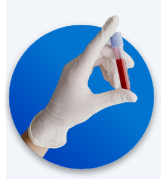
Sample Collection
Have your blood drawn in one of our comfortable and welcoming clinics by our team of friendly and experienced healthcare professionals who will ensure that the process is as comfortable and efficient as possible.

Get your results
You'll receive your blood test results quickly and privately, within just 2 working days after your sample reaches the lab.
Your results will be presented in a clear, easy-to-understand smart report.
What's Being Tested
 Red Blood Cells
Red Blood Cells
Carry oxygen from the lungs to the body. Testing can help diagnose blood disorders.
7 Biomarkers included
Learn more
 White Blood Cells
White Blood Cells
Number of white blood cells in the blood. Testing can help diagnose infections or other health conditions.
6 Biomarkers included
Learn more
 Clotting Status
Clotting Status
How well the blood can clot. Testing can help diagnose bleeding disorders or blood clotting disorders.
3 Biomarkers included
Learn more
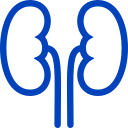 Kidney Function
Kidney Function
Measure of levels of waste products in the blood and can help diagnose and monitor kidney-related health conditions such as kidney disease or kidney failure.
3 Biomarkers included
Learn more
 Liver Function
Liver Function
Measure of levels of enzymes, waste products, and proteins in the blood and can help diagnose and monitor liver-related health conditions such as hepatitis, cirrhosis, or liver damage.
5 Biomarkers included
Learn more
 Proteins
Proteins
A measure of protein levels in the blood can help diagnose and monitor various health conditions such as liver disease, malnutrition, autoimmune diseases, or infections.
3 Biomarkers included
Learn more
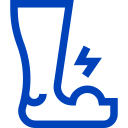 Gout Risk
Gout Risk
Gout is a type of arthritis that is caused by the buildup of urate crystals in the joints.
1 Biomarkers included
Learn more
 Diabetes
Diabetes
Diabetes is a chronic condition where the body can't properly process glucose in the blood due to insufficient insulin production or insulin resistance.
1 Biomarkers included
Learn more
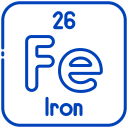 Iron Status
Iron Status
Measure of levels of iron and proteins in the blood can help diagnose and monitor various health conditions such as iron deficiency anemia or hemochromatosis.
4 Biomarkers included
Learn more
 Cholestrol Status
Cholestrol Status
Measure of levels of different types of cholesterol and fats in the blood and can help diagnose and monitor cardiovascular-related health conditions such as high cholesterol or heart disease.
5 Biomarkers included
Learn more
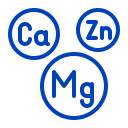 Minerals
Minerals
Minerals are essential nutrients that the body needs to carry out various functions such as building strong bones, maintaining fluid balance, and facilitating nerve function.
1 Biomarkers included
Learn more
 Thyroid Function
Thyroid Function
TSH, free T4, and free T3 measure thyroid hormone levels in the blood. Testing can help diagnose thyroid-related health conditions such as hypothyroidism or hyperthyroidism.
3 Biomarkers included
Learn more
 Vitamins
Vitamins
Essential nutrients play key roles in various bodily functions, and testing for their levels can help diagnose and monitor various health conditions related to vitamin deficiencies or excesses
3 Biomarkers included
Learn more
 Hormones
Hormones
Levels of various hormones in the blood can help diagnose and monitor hormone-related health conditions such as infertility, menopause, or adrenal gland disorders.
10 Biomarkers included
Learn more
 Red Blood Cells
Red Blood Cells
Carry oxygen from the lungs to the body. Testing can help diagnose blood disorders.
7 Biomarkers included
Learn more
 White Blood Cells
White Blood Cells
Number of white blood cells in the blood. Testing can help diagnose infections or other health conditions.
6 Biomarkers included
Learn more
 Clotting Status
Clotting Status
How well the blood can clot. Testing can help diagnose bleeding disorders or blood clotting disorders.
3 Biomarkers included
Learn more
 Kidney Function
Kidney Function
Measure of levels of waste products in the blood and can help diagnose and monitor kidney-related health conditions such as kidney disease or kidney failure.
3 Biomarkers included
Learn more
 Liver Function
Liver Function
Measure of levels of enzymes, waste products, and proteins in the blood and can help diagnose and monitor liver-related health conditions such as hepatitis, cirrhosis, or liver damage.
5 Biomarkers included
Learn more
 Proteins
Proteins
A measure of protein levels in the blood can help diagnose and monitor various health conditions such as liver disease, malnutrition, autoimmune diseases, or infections.
3 Biomarkers included
Learn more
 Gout Risk
Gout Risk
Gout is a type of arthritis that is caused by the buildup of urate crystals in the joints.
1 Biomarkers included
Learn more
 Diabetes
Diabetes
Diabetes is a chronic condition where the body can't properly process glucose in the blood due to insufficient insulin production or insulin resistance.
1 Biomarkers included
Learn more
 Iron Status
Iron Status
Measure of levels of iron and proteins in the blood can help diagnose and monitor various health conditions such as iron deficiency anemia or hemochromatosis.
4 Biomarkers included
Learn more
 Cholestrol Status
Cholestrol Status
Measure of levels of different types of cholesterol and fats in the blood and can help diagnose and monitor cardiovascular-related health conditions such as high cholesterol or heart disease.
5 Biomarkers included
Learn more
 Minerals
Minerals
Minerals are essential nutrients that the body needs to carry out various functions such as building strong bones, maintaining fluid balance, and facilitating nerve function.
1 Biomarkers included
Learn more
 Thyroid Function
Thyroid Function
TSH, free T4, and free T3 measure thyroid hormone levels in the blood. Testing can help diagnose thyroid-related health conditions such as hypothyroidism or hyperthyroidism.
3 Biomarkers included
Learn more
 Vitamins
Vitamins
Essential nutrients play key roles in various bodily functions, and testing for their levels can help diagnose and monitor various health conditions related to vitamin deficiencies or excesses
3 Biomarkers included
Learn more
 Hormones
Hormones
Levels of various hormones in the blood can help diagnose and monitor hormone-related health conditions such as infertility, menopause, or adrenal gland disorders.
9 Biomarkers included
Learn more
Smart Reporting
Easy to understand blood test
results with
suggestions.
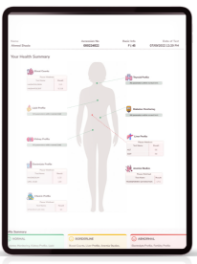

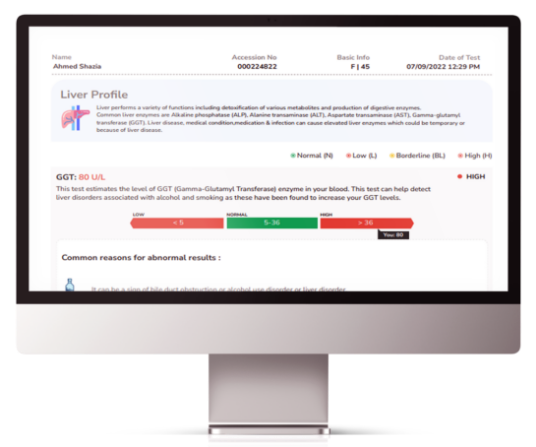

Smart Reporting
Easy to understand blood test
results with
suggestions.





 Feefo 4.5 / 5
Feefo 4.5 / 5



